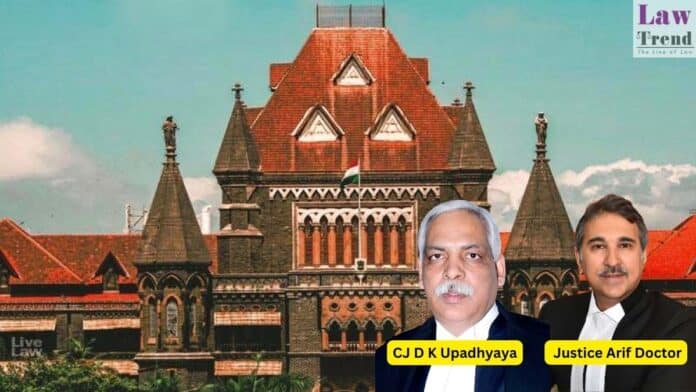Offences under the anti-human traffic law have social and cultural ramifications, the Bombay High Court said, directing the Centre and Maharashtra government to file affidavits stating if the apparatus contemplated as per the legislation is functional.
A division bench of Chief Justice D K Upadhyaya and Justice Arif Doctor on Wednesday heard a public interest litigation (PIL) filed by NGO ‘Rescue Foundation’, which claimed that the provisions of the Immoral Traffic (Prevention) Act are not being implemented by authorities.
The bench in its order noted that serious concerns have been raised in the PIL about a “not so happy situation” where offenders booked under the Act manage to escape the rigours of the law.
The bench was earlier informed by the Central government in an affidavit that offences pertaining to human trafficking for slavery and sexual exploitation under sections 370 and 370A of the Indian Penal Code would be probed by the National Investigation Agency (NIA) as the crimes have inter-state and sometimes international connections.
The court on Wednesday said the Centre was silent on other provisions of the Immoral Traffic (Prevention) Act. HC said the Centre has not yet appointed trafficking police officers to investigate offences under the Act dealing with sexual exploitation of persons, allegedly committed in more than one state.
“In the absence of appointment of trafficking police officers, the offences under the Act reported to have been committed in more than one state will remain uninvestigated and hence there appears to be an urgent need for appointment of trafficking police officers,” HC said.
Noting that the offences under the Act have social and cultural ramifications, the bench said the state government needs to reflect upon whether the advisory bodies and “Anti-Human Trafficking Units” as contemplated under the Act have been set up and/or are functioning and discharging their duties.
Also Read
The bench directed the Maharashtra government to file a comprehensive affidavit on whether the provisions of the Act are being implemented and to state specifically the work and functions being performed by the Anti-Human Trafficking Units and Women Help Desks.
“The State government shall also indicate as to how many offences reported under Sections 370 and 370A of the Indian Penal Code in Maharashtra have been referred for investigation to the NIA,” HC said.
The bench also directed the Centre to file an affidavit giving details of the steps taken by it to ensure the appointment of trafficking police officers.
The bench directed for the affidavits to be filed within four weeks and posted the matter for further hearing on December 4.




